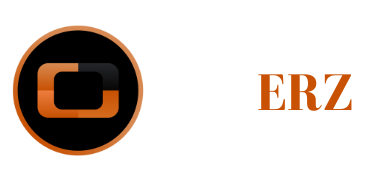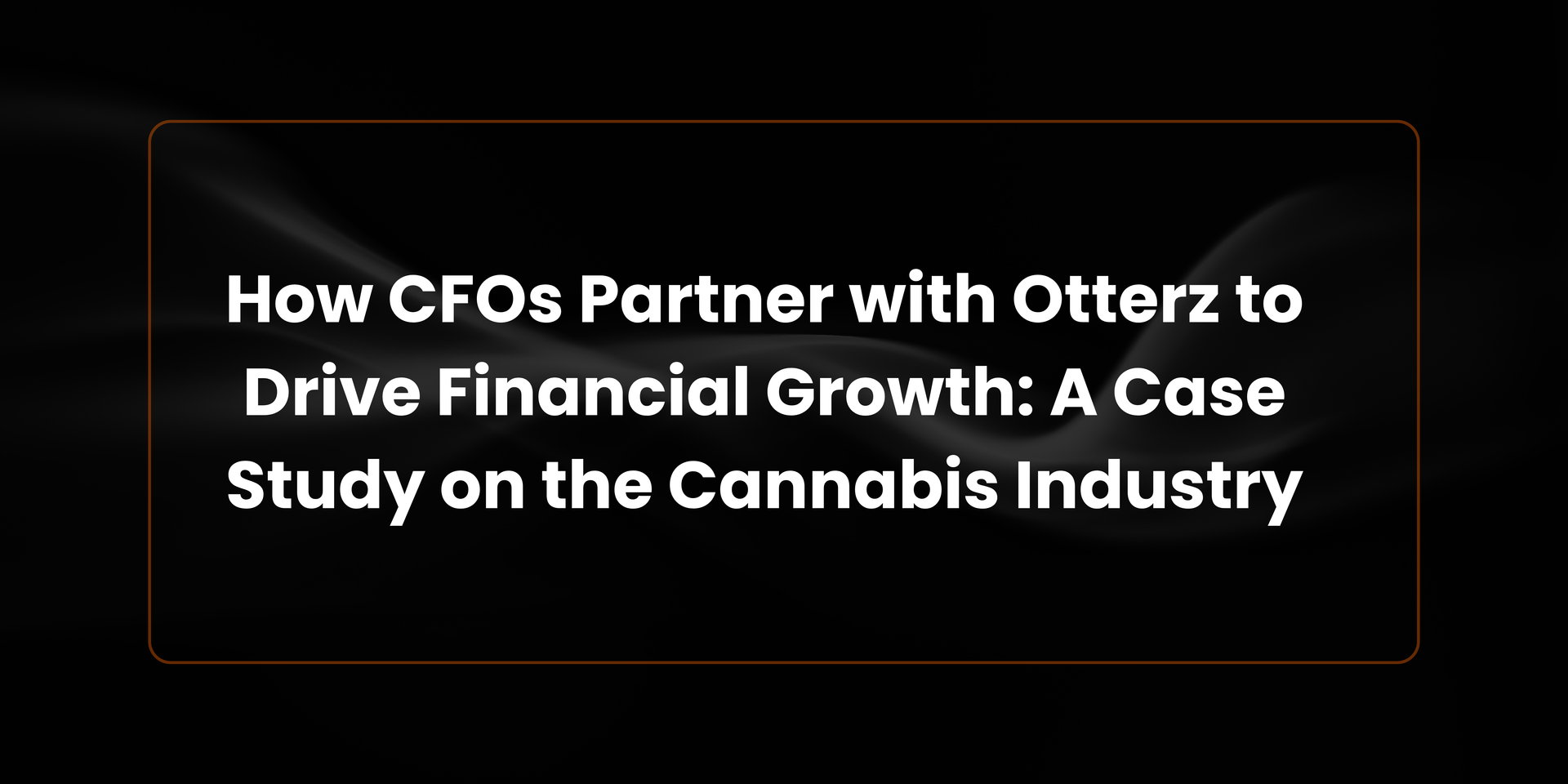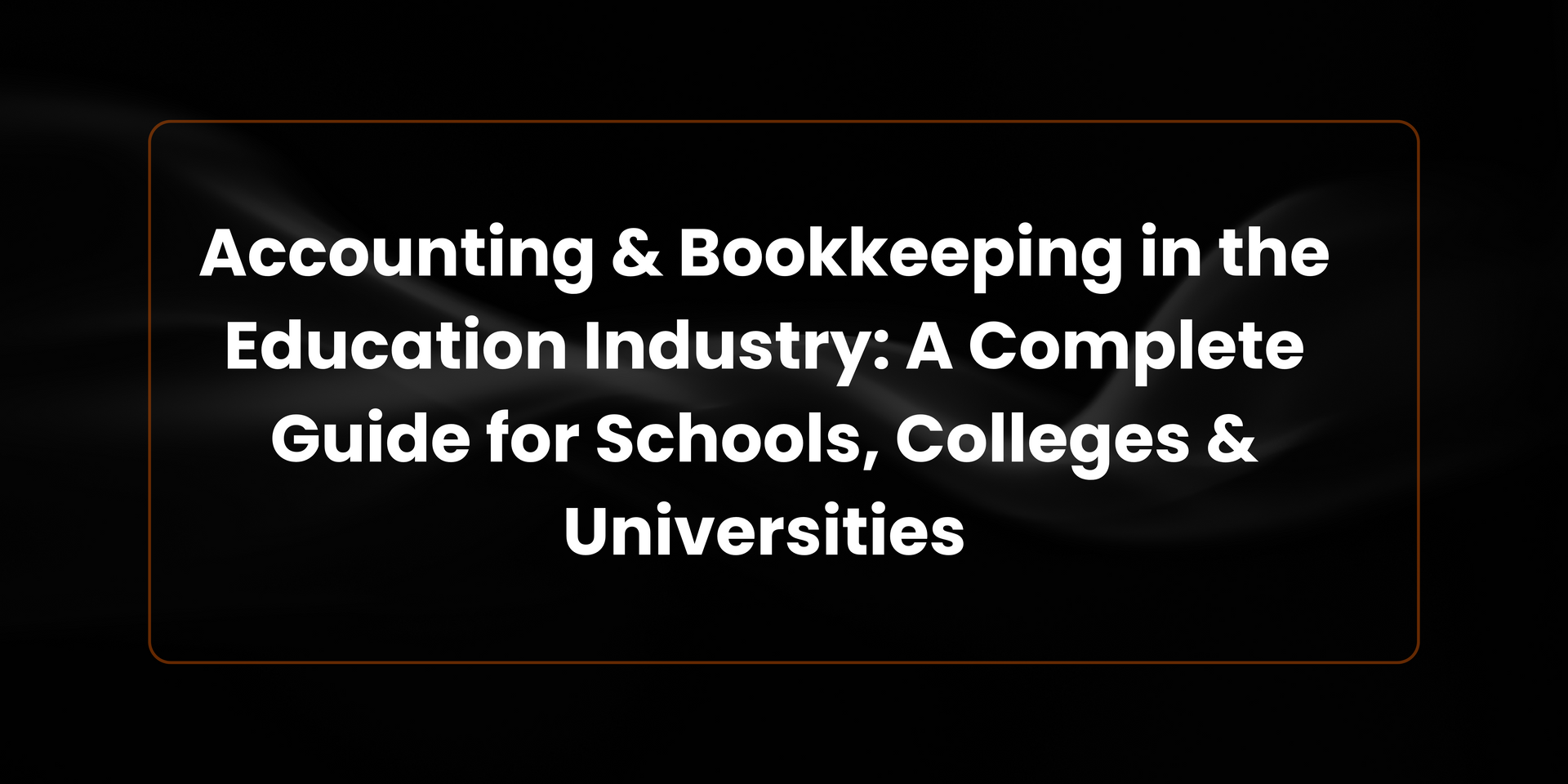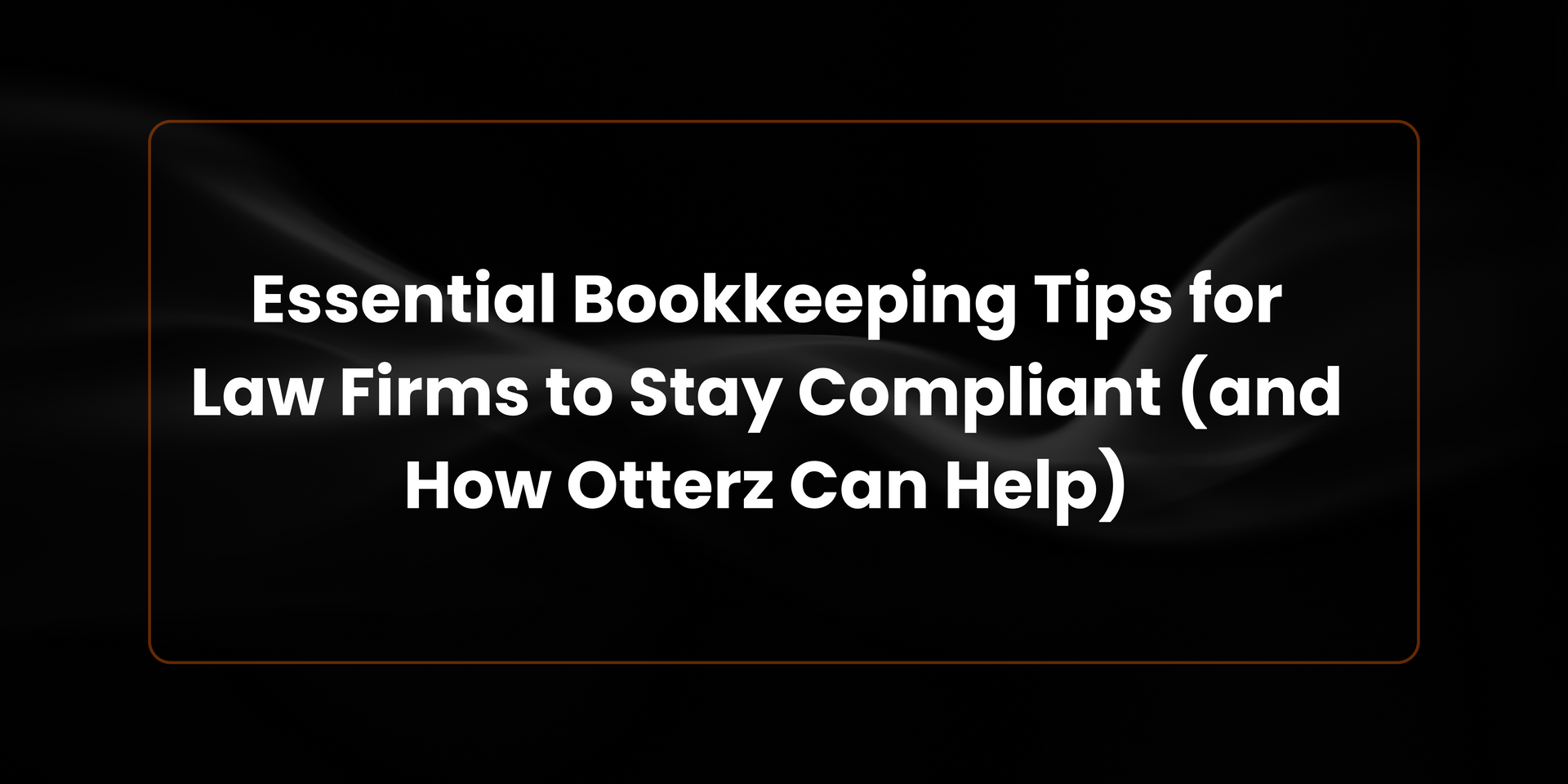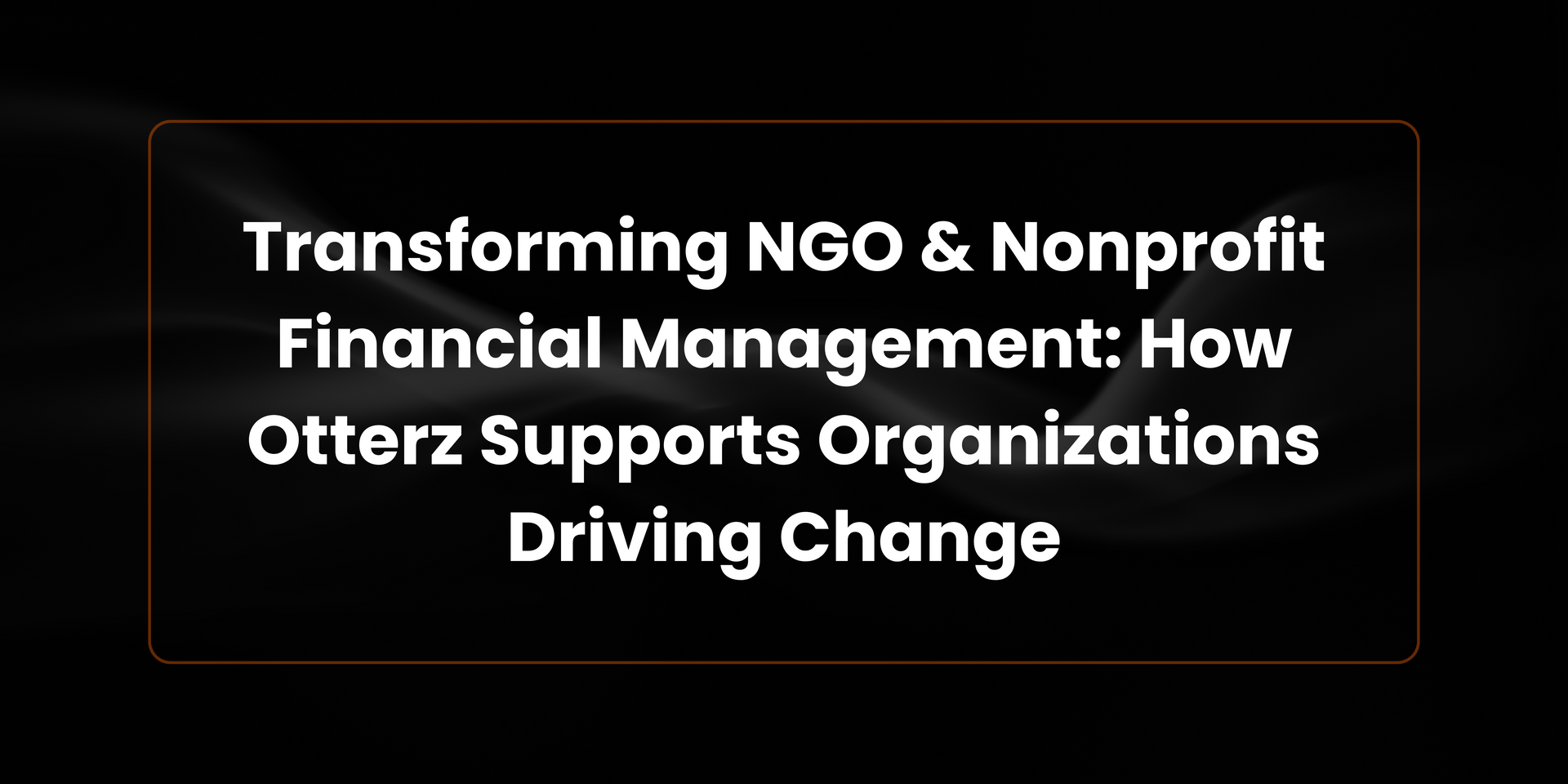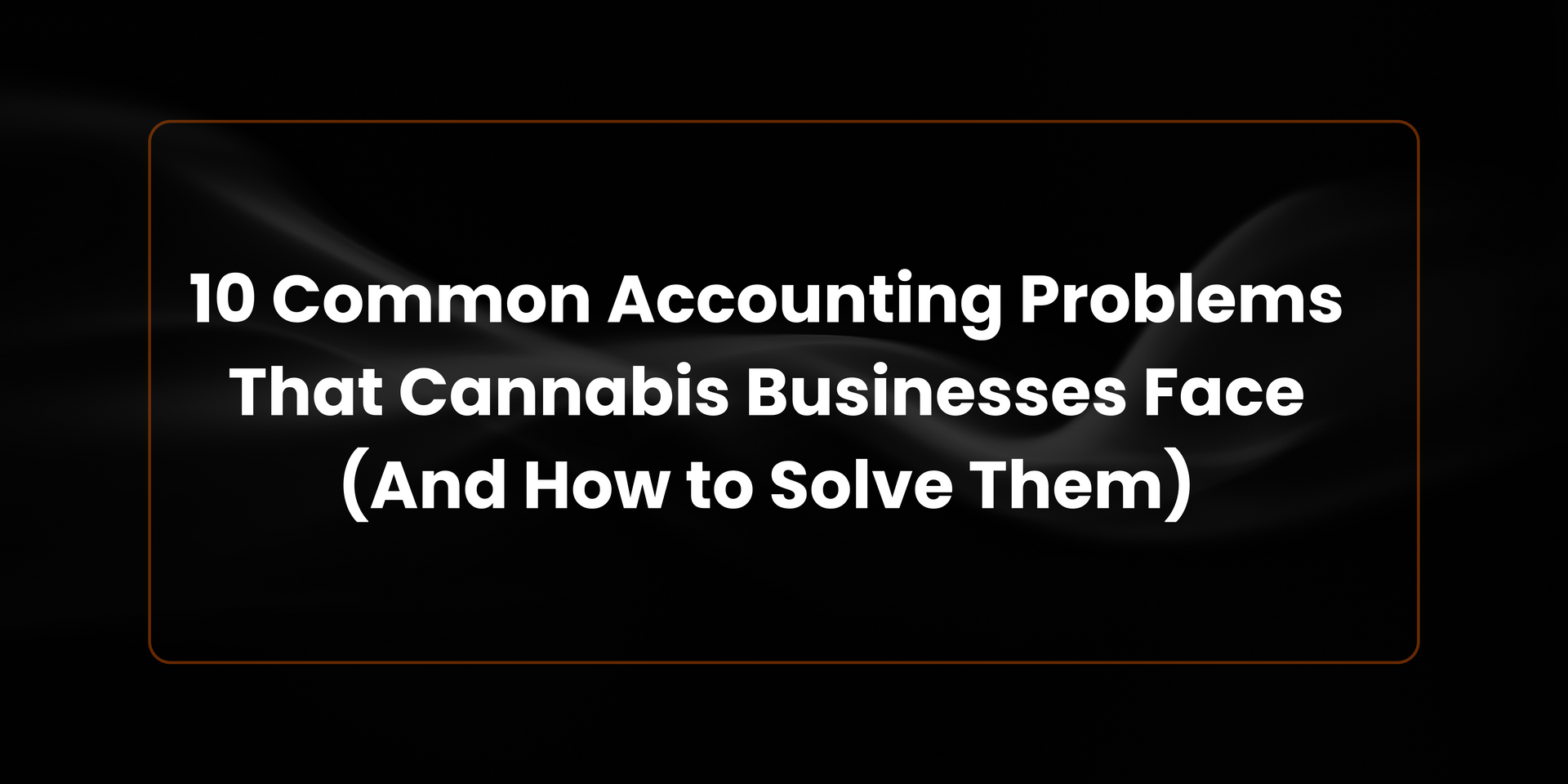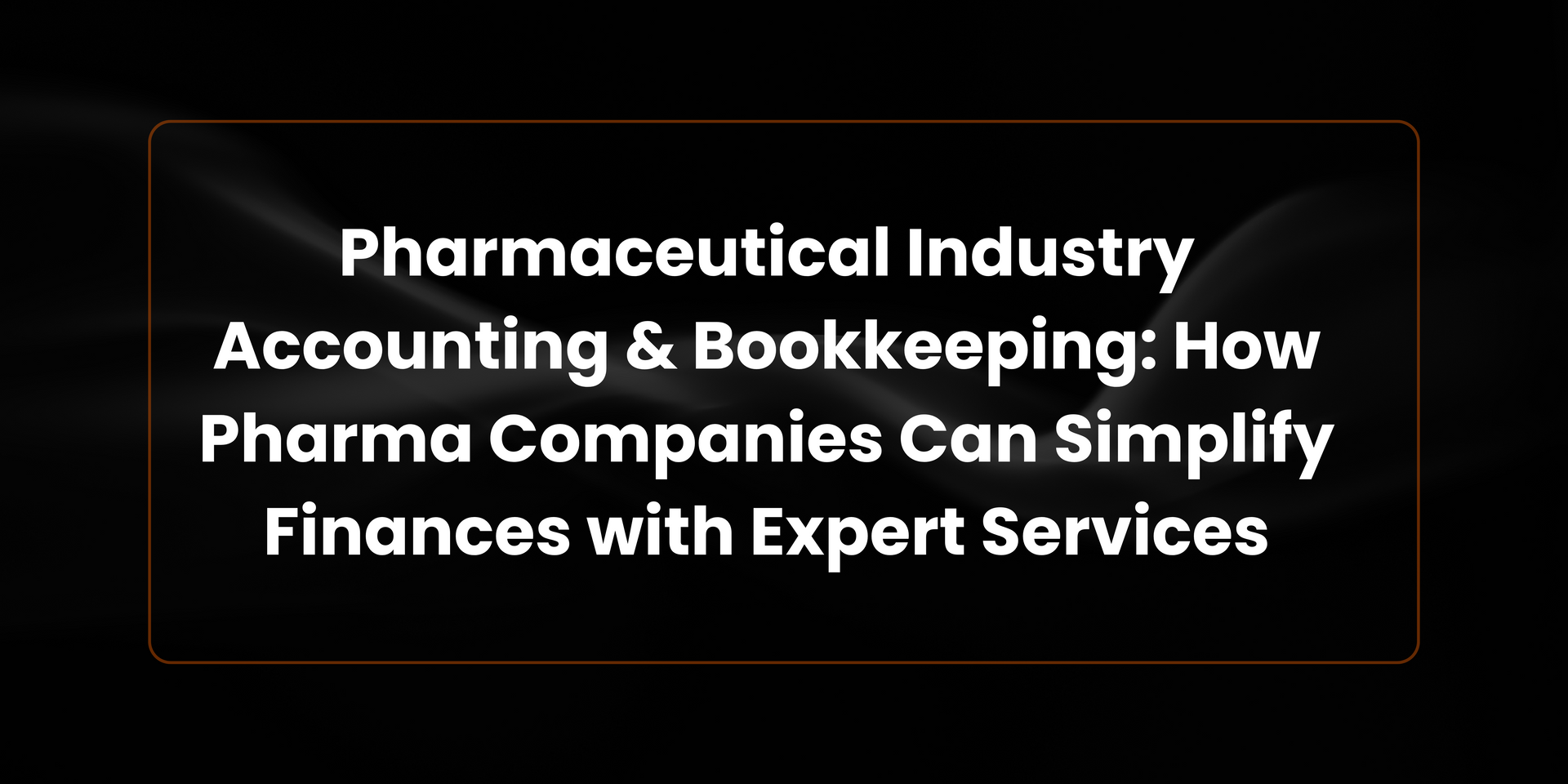The Profit First Method: A Game-Changer for Small Business Success
Transform Your Small Business Success

Managing business finances can feel overwhelming. You work hard, bring in sales, but somehow, there’s never enough left over for you. Sound familiar? You’re not alone. Most business owners struggle with cash flow, expenses, and profits. That’s where Profit First Accounting comes in, yet a powerful method that helps you put profit first, not last.
In this article, we’ll explore what Profit First Accounting is, why it works, and how you can start applying it in your business right away.
What Is Profit First Accounting?
At its core, Profit First is a cash management system designed to prioritize profit.
Developed by entrepreneur and author Mike Michalowicz, Profit First flips the traditional accounting formula:
Traditional Formula:
Sales – Expenses = Profit
Profit First Formula:
Sales – Profit = Expenses
In simple words, you take out your profit first, then use the remaining funds to cover your expenses. This approach forces you to spend within your means while ensuring that your business stays profitable from day one.
Why Profit First Works?
Most business owners are stuck in a “make more, spend more” cycle. Profit First breaks this pattern by creating intentional money habits.
Here’s why it’s effective:
It’s Behavior-Based: Instead of fighting your natural spending habits, it works with them. You allocate funds automatically, reducing the temptation to overspend.
Clarity and Control: By dividing your income into different accounts—such as profit, taxes, owner’s pay, and operating expenses—you instantly know where your money stands. No more guessing games.
Stress-Free Profit:
You don’t have to wait until the end of the year to see if you made a profit. You’ll see and feel your profit with every deposit.
How Does Profit First Work?
Here’s a simple breakdown of the process:
1. Open Multiple Bank Accounts:
● Income Account: All your deposits go here first.
● Profit Account: Your set percentage of profit goes here immediately.
● Owner’s Pay Account: This is your salary, paid regularly.
● Tax Account: Set aside funds for taxes to avoid surprises.
● Operating Expenses Account: What’s left covers your day-to-day expenses.
2. Allocate Your Income:
Every time you receive income, transfer money into each account based on fixed percentages.
Example:
● 5% Profit
● 30% Owner’s Pay
● 15% Taxes
● 50% Operating Expenses
(Percentages vary by business size and goals.)
3. Review and Adjust:
Over time, you’ll adjust the percentages as your business grows stronger. The key is starting small and building gradually.
A Quick Example: How It Works in Real Life!
Let’s say you run a marketing agency, and last month you brought in $20,000 in revenue.
With Profit First, you might allocate it like this:
● 5% to Profit - $1,000
● 50% to Owner’s Pay - $10,000
● 15% to Taxes - $3,000
● 30% to Operating Expenses - $6,000
Now you know exactly how much you can spend to run your business, and the rest is already safely set aside for your salary, taxes, and long-term profit.
Benefits of Profit First Accounting.
Guaranteed Profitability: You’ll always make a profit—because you’re taking it first.
Improved Cash Flow: You’ll stop overspending and start living within your means.
Peace of Mind: No more scrambling to cover taxes or expenses.
Owner Empowerment: You get paid consistently, without guilt.
How Otterz Can Help You Implement Profit First?
At Otterz, we don’t just keep your books—we help you grow your profits. Our team of experts can help you:
● Set up your Profit First accounts
● Analyze your cash flow
● Create a personalized allocation plan
● Monitor your progress every month
Let’s be honest—running a business is tough. But managing your money shouldn’t be. Profit First gives you the freedom, clarity, and control you’ve been searching for.
Final Thoughts:
Profit First isn’t about restrictions, it’s about freedom. It gives you the tools to grow a profitable, well-managed business without losing sleep over money.
If you're tired of the rollercoaster and ready to build something solid, we’re here to help.
Found this valuable? Share it with your friends and colleagues!
